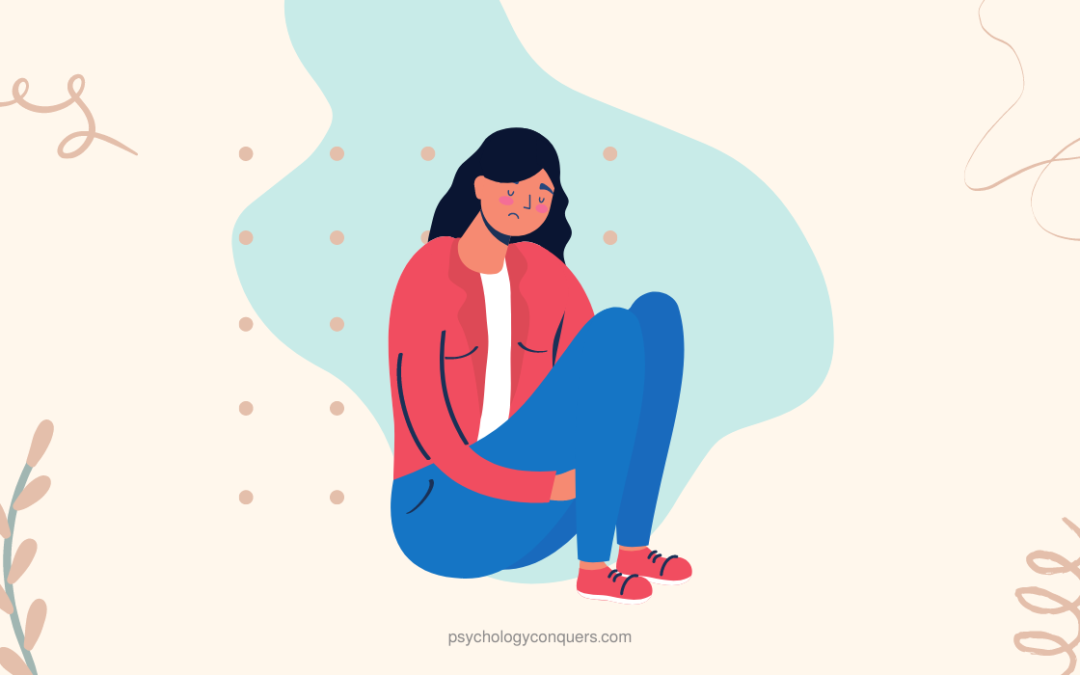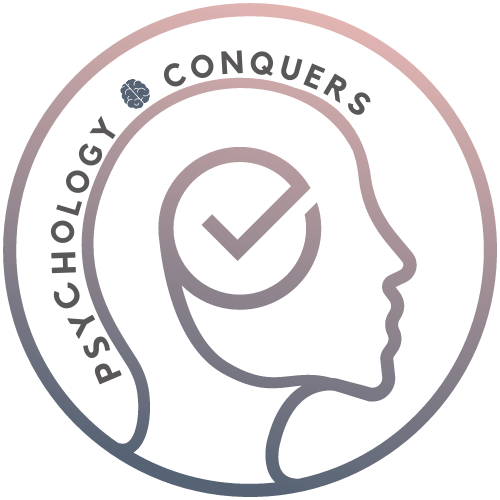
What is PMDD? And how to cope up with it?
We are all familiar with PMS or Premenstrual syndrome. Symptoms range from cramps, moodiness, to feeling bloated. But are you aware that there’s also a condition called PMDD?
PMDD or Premenstrual dysphoric disorder is similar to PMS but much worse. Here are its symptoms.
(Based on Diagnostic and Statistical Manual of Mental Disorders (DSM–5)):
Timing:
In most menstrual cycles, at least 5 symptoms must be present in the final week before the onset of menses, start to improve within a few days after the beginning of menses, and become minimal or absent in the week post menses.
One or more of the following symptoms must be present:
- Marked affective lability (e.g., mood swings, feeling suddenly sad or tearful, or increased sensitivity to rejection)
- Marked irritability or anger or increased interpersonal conflicts
- Markedly depressed mood, feelings of hopelessness, or self-deprecating thoughts
- Marked anxiety, tension, and/or feelings of being keyed up or on edge
One (or more) of the following symptoms must additionally be present to reach a total of 5 symptoms when combined with symptoms from the criterion above:
- Decreased interest in usual activities
- Subjective difficulty in concentration
- Lethargy, easy fatigability, or marked lack of energy
- Marked change in appetite; overeating or specific food cravings
- Hypersomnia or insomnia
- A sense of being overwhelmed or out of control
- Physical symptoms such as breast tenderness or swelling; joint or muscle pain, a sensation of “bloating” or weight gain
I know how hard it could be because I have it.
During the pandemic, I would often feel depressed a week or 2 weeks before my period. At first, I thought maybe it’s just me adjusting to this pandemic. But as time goes by, I realize that there was something wrong.
I feel so down and demotivated, like I couldn’t do anything. Aside from the extreme moodiness, I would feel disrupted; I couldn’t work or continue my day.
Even though I was affected psychologically and mentally, I told myself that I “shouldn’t” feel this way. I forced myself to continue with my day or else I’ll get stuck. So I tried to go on, wiping my tears before a meeting starts, finish my paper or continue working even though I feel so down.
It felt like I have to go through a hell hole every month because my period is coming. After a week, I would wake up feeling much better, but I have to rebuild or start again.
PMDD could consume you by the thoughts and emotions you would feel. It’s like being in a different place and then coming back home again and you don’t know where to start.
That’s what I felt.
I didn’t know that it was PMDD that time; all the more, I felt lonely and alone.
Is it Bipolar? Is it depression?
I had all these questions and assumptions, until I was able to get in touch with a doctor and clarified that it is PMDD.
If you’ve experienced the same, thought that you were crazy, felt helpless, felt guilty for feeling that way, I am here for you. I understand you. I know it’s not easy.
Brushing it off, feeling guilty, being hard on myself didn’t help at all. Handling difficult emotions is already tough. Having PMDD makes it thousand times harder.
Every month, I felt like I was in the cycle of desolation and then rebuilding again. Again and again. At first, I thought that getting myself back on track would solve the problem. But then the week where I have PMDD affects most areas of my life: work, relationships, self-care, school, other activities, etc.
The concept of rebuilding a week after menstruation seems good at first. But it’s the “during” that I wanted to handle better.
I realize I don’t want PMDD to consume me and affect areas of my life that when period is over, I would clean up the mess. My own mess.
I wanted to manage it better. I wanted to help myself stay on track even if I was having it. I wanted to understand more my emotions and not judge myself for it. I wanted to not let PMDD take the best out of me.
If you’ve had the same experience, or even if you’re experiencing PMS, or you wanted to take care of yourself more when you’re having your menstruation, here are some tips on how to cope up:
- Know what triggers you.
Most of the time, this condition will attack you off guard. Everything could be a trigger making you feel isolated and alone. But it’s good you’re able to keep track and raise awareness within yourself.
When you’re able to keep track of what made you feel depressed, you’ll be able to guard your emotions, especially when you know your period is coming. Does your partner, your friends, trigger you? Is it your work, your boss, your colleagues? Is it your family or your kids? What specific thing did they do to make you feel that way?
This leads me to my second point…
- Give yourself space
Back off from the situation. Instead of being reactive, give yourself some space to breathe. And then ask yourself, are my emotions taking over me or am I taking over my emotions?
If your answer is the former one, then, that’s a sign you should step back first.
Adjusting to PMDD could take some months. That’s okay because everyone here is different with their own pace and process. It doesn’t mean that you’re weak when you feel overwhelmed.
Show patience towards yourself because you can’t possibly understand the condition immediately. Having a better grasp of it and knowing how to take care of yourself during this critical time could mean a few months of raising awareness consciously.
- Ask for support from significant people
Don’t be afraid to tell important people in your life what you’re going through. At first, they may not understand how you feel, or sometimes they may not even have the idea of its severity. But keeping it to yourself will also not do you any good.
During this time, talking to a friend could help to make you feel better, or being with people who lifts up your mood.
The important thing is not to isolate yourself and ask for more understanding.
- Be mindful of what you’re feeding your mind.
When you have PMDD, it’s easy to get triggered and get anxious. Sometimes, when you’re not aware, what you consume through social media affects you. Difficult emotions such as loneliness, sadness, jealousy could be amplified unnecessarily.
That’s why you must check and be more careful with what you watch, what you listen to, what you see on Instagram and Facebook. It could help you even mute some people, their stories or posts, and you don’t need to be apologetic when you do that. Remember that this is your head and your emotions and it’s your responsibility to guard them.
- Consume healthier food
Be more conscious too with what you eat. What worked for me is eating less sugar, salt, and processed food.
Sugar affects our mood and energy. It affects one of the most powerful hormones in the body: insulin. Insulin is related to 2 other hormones: progesterone and estrogen. Shifting levels of progesterone and estrogen affect serotonin which is the hormone that stabilizes our mood. That’s why if you are already moody and your serotonin is affected by your sugar intake, it could cause more moodiness. On the other hand, salt can cause bloating and make symptoms worse.
- Track your mood
You can try to download this app called Daylio, where you can put your mood every day. This is helpful because this also raises awareness. This helps you to see what causes your mood to go up or down. This app allows you to share what made you happy, angry, mad, or scared.
PMDD could be intimidating at first. However, I believe that women are stronger.
